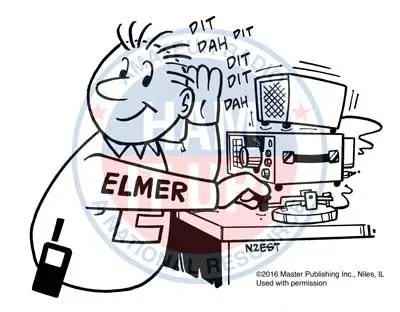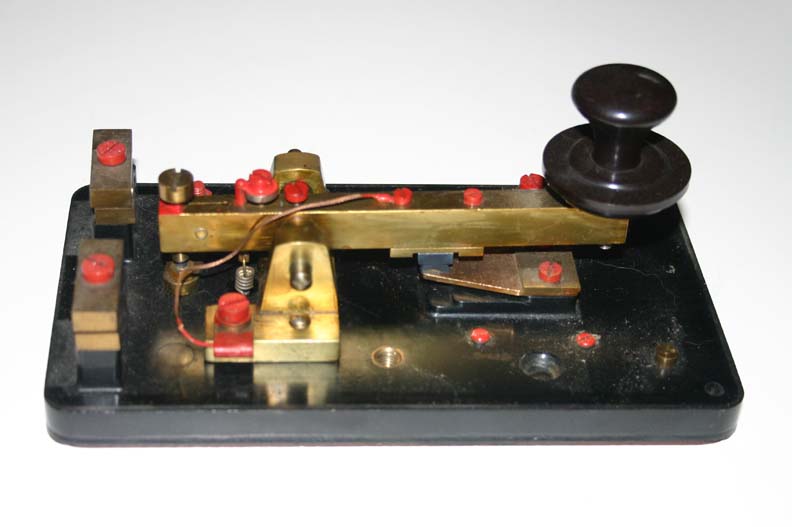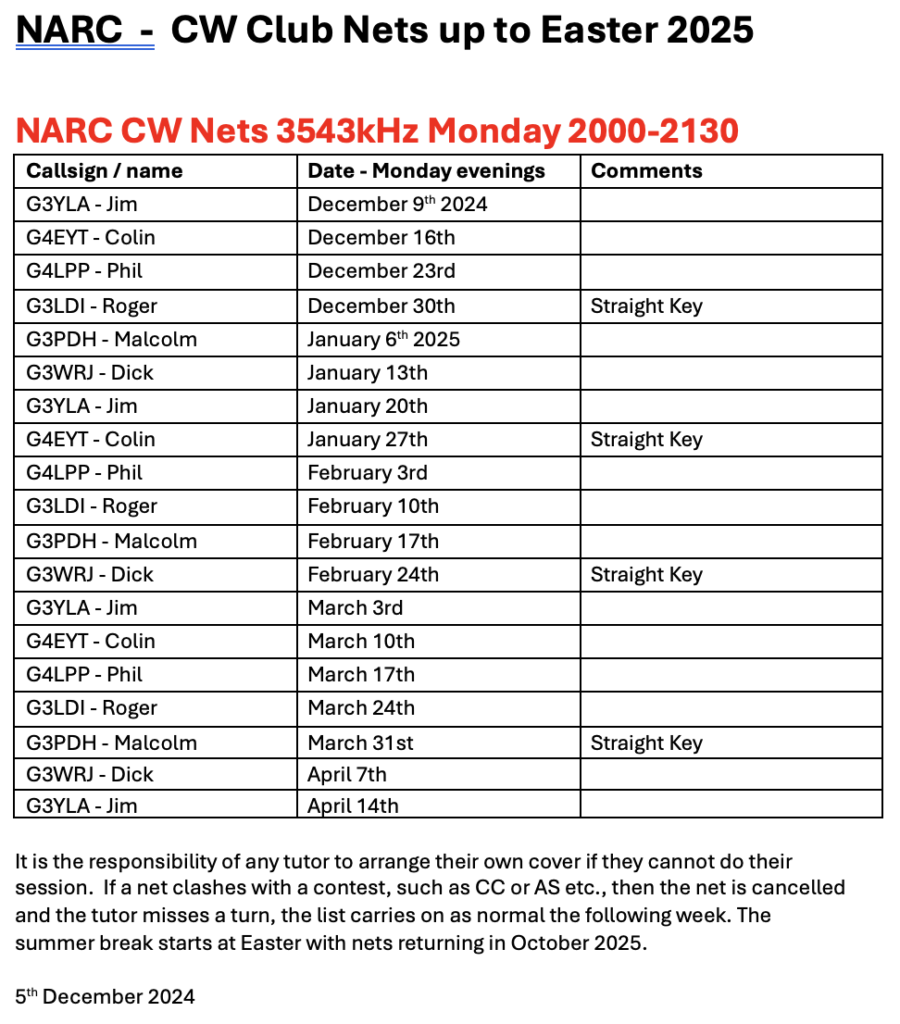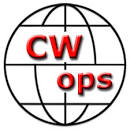Morse Classes.

I have decided the new tactic will continue this week for the beginner’s class. I shall concentrate on the first five letters of the alphabet only and numbers 1 to 5 plus the four punctuation marks. I shall then progress through the alphabet like this and by the time we get to Z there should be NO thinking time. Copy should be instantaneous with no pondering! So, there is still time for newcomers to learning Morse to join the class. DON’T leave it much longer however. This situation is not going to last long.
.

Welcome to Jack M7GVF who joined us last week. Jack had to learn how to use the repeater on his transceiver, put up a colinear antenna in the loft and do a quick spot of learning to join in on Friday. In the event, he did pretty well and it was obvious he HAD done some practice, catching up with Emma fairly quickly. His number decoding was not very good at all so this week he has concentrated on numbers. Friday evening will tell!
.
This is a problem in a Morse class, keeping everybody at the same level. It will be obvious as we progress, just who has done their practice so please try to keep up! You should be able to devote 30 minutes a day to practice.
.
On the learning and practising at home there are a number of programs available on line, but Jack has found this one and it looks quite interesting. In fact I have not seen it before so I shall also mention it in my Morse Mode column in Practical Wireless. It is called Precision CW Tutor. The link to it is:
.
https://www.qsl.net/dj7hs/help/helppcwtut.htm
.
Jack also mentions Precision CW Fistcheck.
.
https://pcw-fistcheck.software.informer.com/
.
It’s another one I had not heard of so I shall do the same with this one. Many thanks Jack!
.
Now if you are a real practice enthusiast, and you cannot have too much practice, think about joining the CW OPS Academy. They have four semester per year, you have your own personal tutor and he will keep you on your toes. However, don’t join if you don’t intend doing the practice. He won’t be as lenient as me!
.
https://cwops.org/cw-academy/
.

++++++++++++++++++++++++++++++++++++++++++++++++++++++++++++
.
There is still time for new beginners to join my class on Friday evenings. No need to worry even if you haven’t started yet. Please call in on GB3NB at 7.30 p.m. and I will be pleased to see you. Providing you do the necessary practice you can soon catch up.
.
+++++++++++++++++++++++++++++++++++++++++++
KEY OF THE WEEK

.
This week I am featuring a straight key. It is an RAF Model D straight key. It is on a thick bakelite base and made of brass. It has a proper knob and skirt arrangement that every straight key should have to enable the proper technique when sending. If you can find one of these, grab it, they are a super straight key and command a good price too. It should have a case but many do not. I have one without the case.
.
This is an ideal key to start with and to keep. I still use mine on SK evenings. You should learn the coreect technique when using a straight key or you will develop bad habits. Seek tuition on this before you use a key.
The NARC CW Monday Night Net.


.
This now takes place on 3543 at 8 p.m. on Monday evenings. We have a Net controller each week and the idea is to encourage you to conversational Morse. If you can read and send at 23wpm, do come and join us. 23wpm is the speed at present and we may be increasing that as time goes by. The overs are short but protocol is adherred to and just a few comments from each attendee is all that is needed. Give it a try!
.
Surely there are a few more quite capable of joining the net to try your hand at conversational Morse. I think there are a number of locals who, although capable, use Morse to crack a pile-up with the use of macros and very rarely use a paddle in long QSOs.
.
There is no need to be shy. Learning conversational Morse is a skill in itself. Anybody can work a DX pile-up by using macros or sending their call and 599 TU. Try holding a conversation for about an hour and see how you get on. If you aspire to CWOPS or FOC it’s the only way you will get in to those clubs, by showing and proving your proficiency with a paddle.
.
Not only that, but it really is very satisfying to be able to hold a conversation for that long at around 25wpm with minimal mistakes. PLUS of course you can then monitor the CW end of the bands and hear just conversations and not just dits and dahs.
.
CW OPS
.

Propagation was somewhat better this week and there was just myself and Mike on. I missed the 1900 session as I went to the club!
.
I see I have dropped in the listing. I think the same will apply again this year but for most of the year I shall try to maintain the four sessions each week.
.
General CW Operating.
.
For those of a nervous disposition, try joining FISTS. FISTS caters for the more casual, laid back operator who does not feel comfortable at more than 23 wpm. They also have a LADDERS competition on 40m which is good practice. Actually for what you pay for membership it really is a great deal with a quarterly magazine too called Keynote. It contains lots of interesting articles.
.
That’s it, open the cage, play the music.
.
If you have any input, please email me.
73 de Roger, G3LDI GB2CW Coordinator. roger@g3ldi.co.uk May the Morse be with you.
Author Roger Cooke
